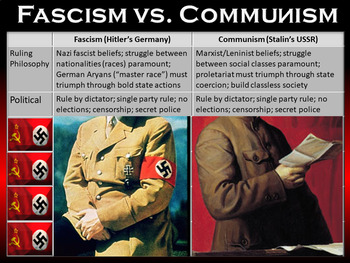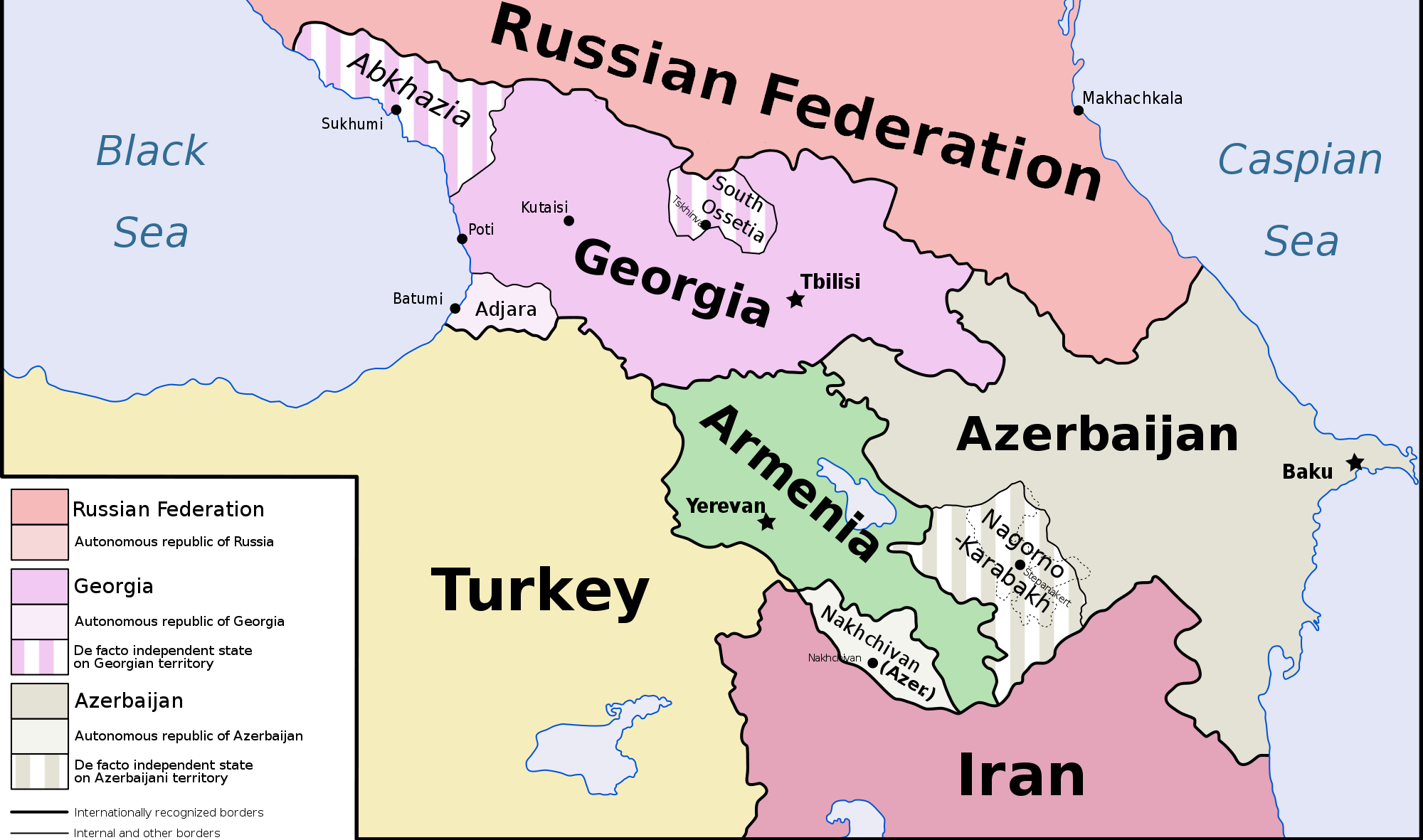Responding to this hypothetical history post got me thinking that current post-Yugoslav borders are flawed and should be changed. These borders clearly do not work and direct cause of dysfunctional government in Bosnia as well as various political crises in Montenegro.
Due to how Yugoslav internal borders were drawn, a lot of ethnic Serbs ended up in Bosnia, Croatia and Montenegro. Architects of post-WWII Yugoslavia probably hoped that these ethnic Serbs will prevent separatism, by pushing against independence of these three republics.
When Yugoslavia indeed began dissolving in the 90s, these ethnic Serbs were mobilized by Milosevich to prevent independence of Croatia and Bosnia. That led to infamous Yugoslav wars with grievous war crimes, such as Srebrenica Massacre. Serbs did not want to see their empire gone and went as far as open genocide of Bosnaks and Albanians to keep it.
Eventually NATO had to interfere twice to finally stop the bloodshed. Serbs had to lay down their arms and accept independence of all former Yugoslav republics as well as Kosovo.
However, it does not mean Serbs accepted this as new reality went to rebuild the countries, they ended up in. No, Serbs continued their ill-conceived struggle by other means. Similar to American south, who after losing the Civil War, went on to continue their ways by other means. If they cannot have slavery as before civil war, Sothern states introduced Jim Crow laws to keep discriminating against black people. If they cannot be re-united with Serbia, Serbs in Bosnia and Montenegro will work to destabilize and obstruct governments of these countries in order to spoil life for separatists, just to spite.
Bosnia
Daton Agreement may be ended war in Bosnia, but it gave local Serbs too much power to effectively sabotage effective functioning of Bosnia's government. Turning Bosnia into two-part federation between Serbs on one hand and Bosnaks and Bosnian Croats on the other is unworkable on many levers.
Current Bosnia keeps worst qualities of both former Austria-Hungary and former Yugoslavia. Giving Serbs, but not Croats their own federal entity makes Croats question fairness of this arrangement. Similar how Czechs, Croats, Romanians and Poles used to question why only Hungarians get autonomy in Austria-Hungary and not them as well. All these people did eventually get their independence from collapsing Austria-Hungary.
The biggest problem of Bosnia however is its Serbian entity, Respublika Srpska. Government in Banja Luka may be had to accept formal authority of Sarajevo, but they never committed themselves to prospering within Bosnia. In contrast they wish to sabotage independent Bosnia as much as possible and current Bosnian constitution gives them plenty of tools to achieve just that. They block all the useful reforms, prevent Bosnia from joining NATO or even European Union, that Serbia itself it trying to join.
In this efforts Banja Luka gets support not only from Serbian radicals such as Vojislav Sheshelj, but even Russian and Belarussian politicians. Various anti-Western people give politicians in Banja Luka money and moral support to do their obtrusion.
No matter how much goodwill and effort Bosnaks in Sarajevo have towards making their country work, so long as Banja Luka continues its obstructionism, Bosnia cannot move forward. It's not just a generational problem as one article claimed. Bosnaks in Sarajevo wanted their country to work even in 1992, its Bosnian Serbs and sometimes even Bosnian Croats who prevent it from happening.
Sure, one simple solution to Bosnian Serb problem is to change Bosnian constitution, turn the country into unitary republic and abolish government in Banja Luka. However recent Montenegro experience shows why this simple sound solution is not as good as its sound.
Montenegro
Unlike Bosnia, Montenegro is a unitary republic. Ther are not any special provisions for ethnic minorities to have veto power over any issues like in Bosnia. However, that does not solve Montenegro problems.
Significant number of Montenegrin Serbs keeps voting for anti-independence pro-Serbia parties. Until recently it kept Montenegrin politics in pro vs anti-independence deadlock. A single man, Milo Dukanovich, kept power in Montenegro from early 90s until something like 2020 for one simple reason: the only alternative to him were people who would want to make country into a province of Serbia. Pro-Serbia politicians eventually became cunning and started to downplay their Serbian loyalism, while trumping up corruption accusations against Dukanovich in order to win over voters who are discontent with status quo. That lead towards 2016 political crisis as well as more recent one.
While current Montenegrin government by Europe Now looks like 3rd way alternative to both Dukanovich and Serbs, but it's too soon to celebrate final victory over Serbian loyalism. Popularity of pro-Serbian parties remain high among people who identify as Serbs.







